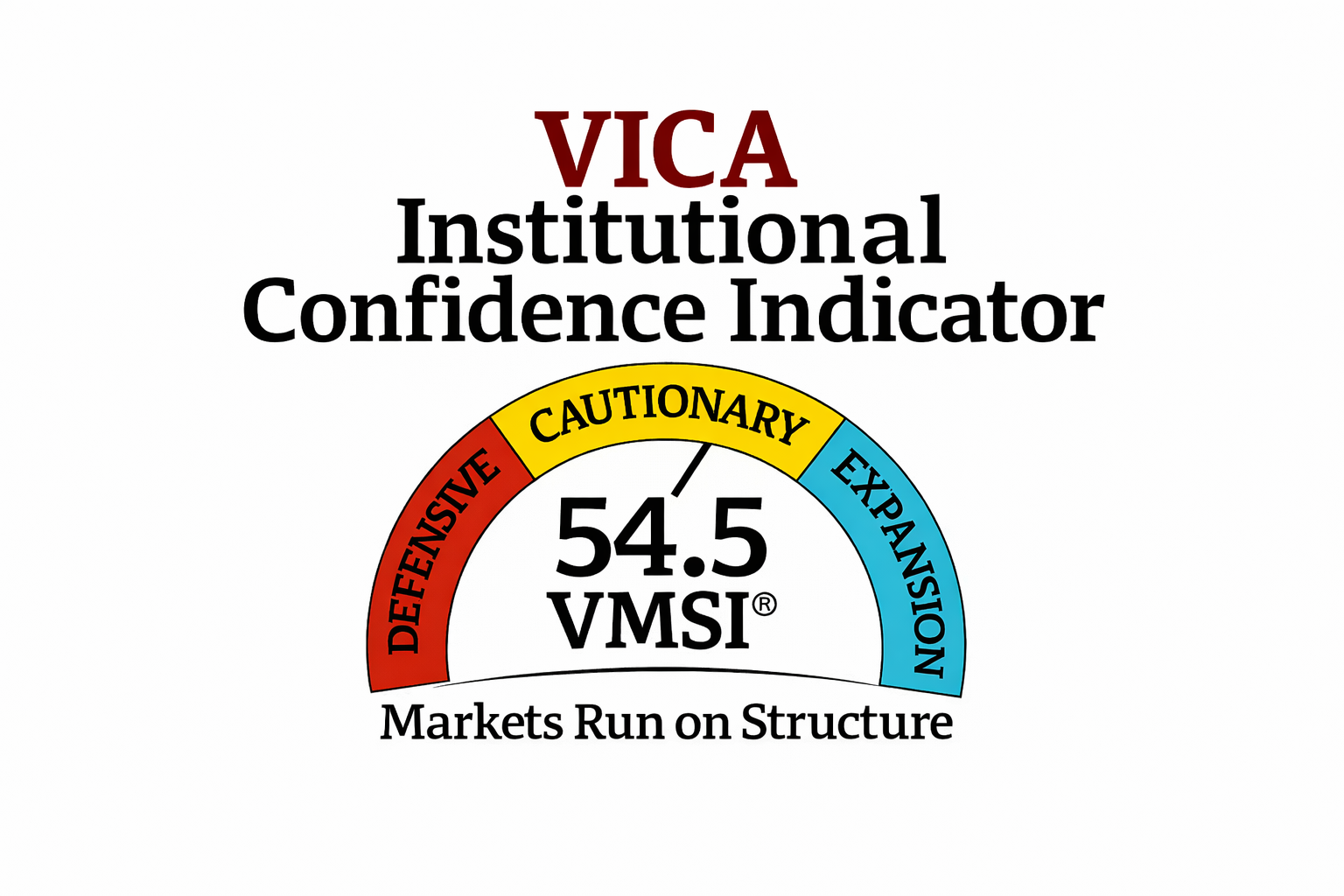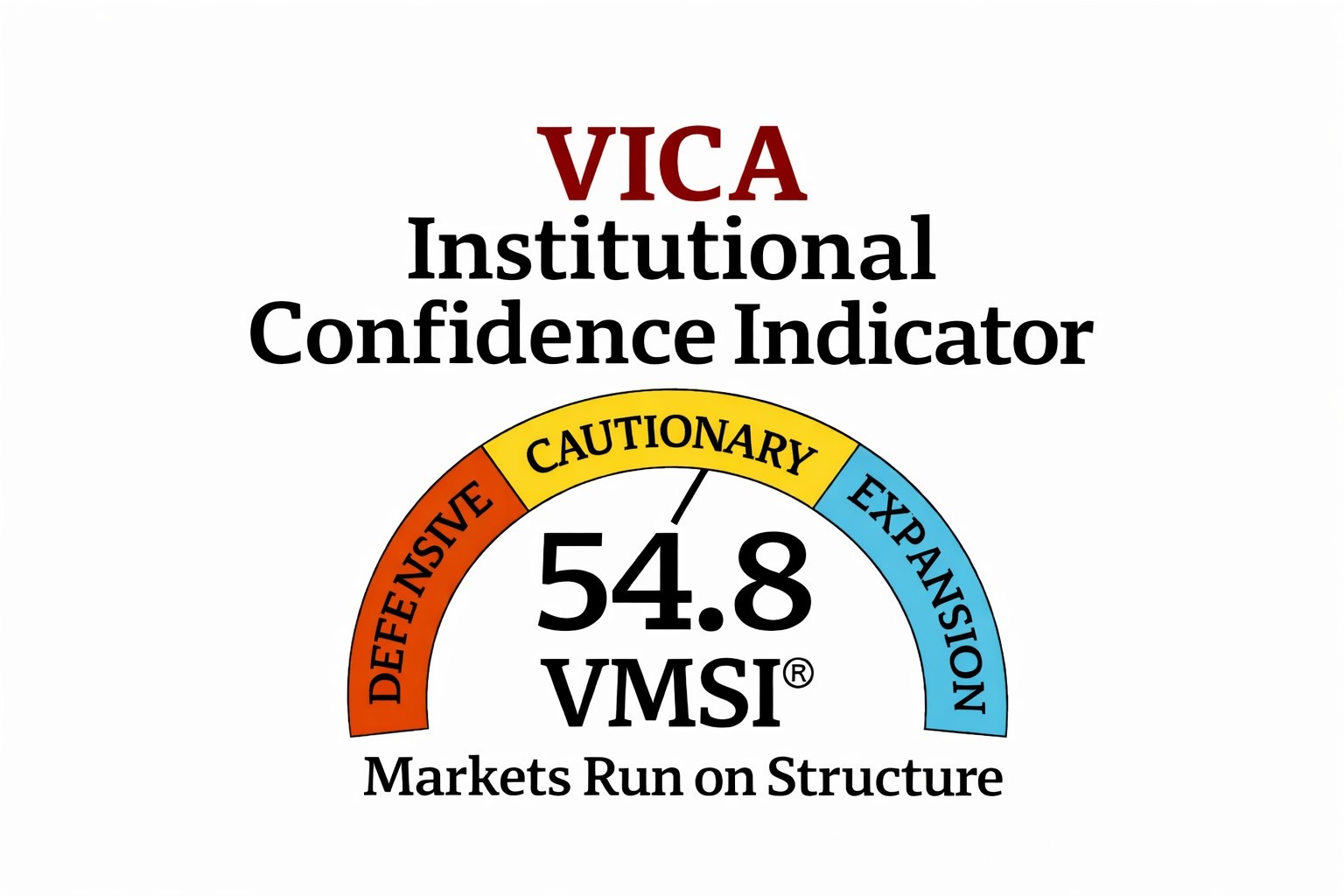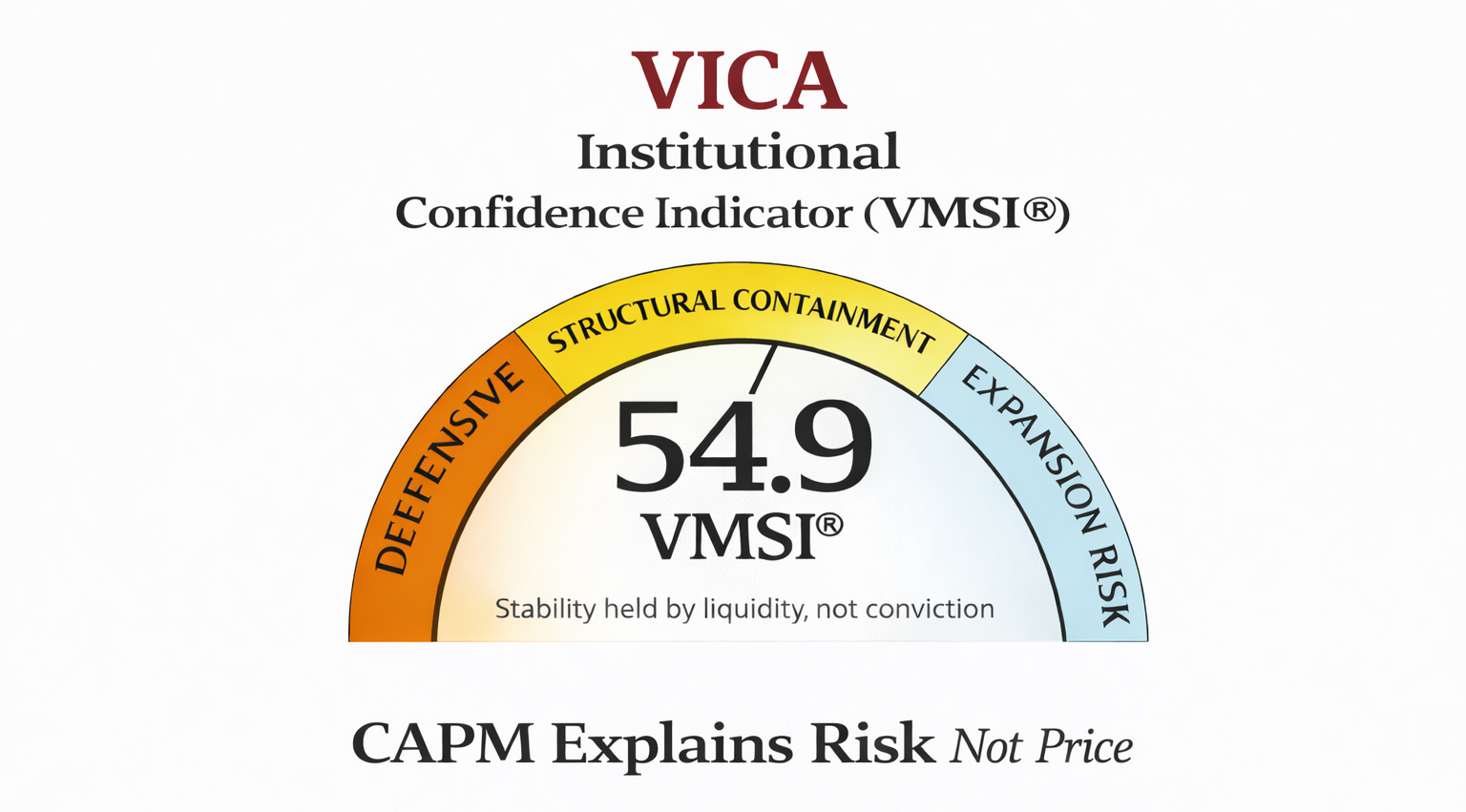101 SERIES
A quantitative fund is an investment fund that uses quantitative investment management instead of fundamental human analysis.
Note: Quantitative analysis is the use of mathematical and statistical methods in finance and investment management.
Investment process
The process is classified as quantitative when investment management is fully based on the use of mathematical and statistical methods to make investment decisions. If investment decisions are based on fundamental analysis and human judgement, the process is classified as fundamental.
The quantitative investment process, essentially, breaks down into three key components:
- Input system: Providing all necessary inputs such as market data and rules
- Forecasting engine: Generating estimations for prices and returns and also, risk parameters;
- Portfolio construction engine: portfolio composition using optimizers or a heuristics-based system (see Portfolio optimization and Mathematical tools).
Quant Backgrounds
Quantitative portfolio managers and quantitative analysts usually require a strong background in mathematics and computer science, besides knowledge of the academic financial literature. Many quantitative specialists have backgrounds in Financial Economics, Engineering or Mathematics. Investment algorithms employ advanced methods using academic insights. Statistical models are used to explore profits that may be made out of systematic market abnormalities which can be very fast such and requires high-frequency trading, but can also be slower requiring less turnover when the alpha is based on factor investing.
Trends
Over the past decade quantitatively managed funds have become popular as an increasing number of asset managers adopted quantitative investing and launched a range mutual and exchange traded funds. Most quantitative funds are equity funds.
Fund structure
Quantitative strategies are mainly offered as 3 different types:
- Hedge fund. Offered as hedge funds and not available to the most of the public. The goal of these funds is to earn a straight out return without shorting and using derivatives.
- Hedge funds are most flexible as they can use a varieties of strategies such as market neutral, statistical arbitrage, or high-frequency trading strategies to enhance the return of one’s portfolio, whereas ETFs are most constrained.
- Mutual fund. Quant strategies are leveraged by mutual funds. Quant mutual funds goal is to deliver above the benchmarks of the market main indexes.
- Exchange traded fund (ETF). Quant strategies are engaged in exchange traded funds usually tracking a rules-based factor-based index. These strategies are also referred to as ‘smart-beta’ strategies.
Top Funds
Include Citadel, Bridgewater, Two Sigma, Renaissance, Panagora offer quantitative funds to investors. The largest asset managers such as ‘big three’ BlackRock, State Street, and Vanguard also offer quantitative funds to investors. Vica Partners looks to support and lead the next generation of Quant Firms.




